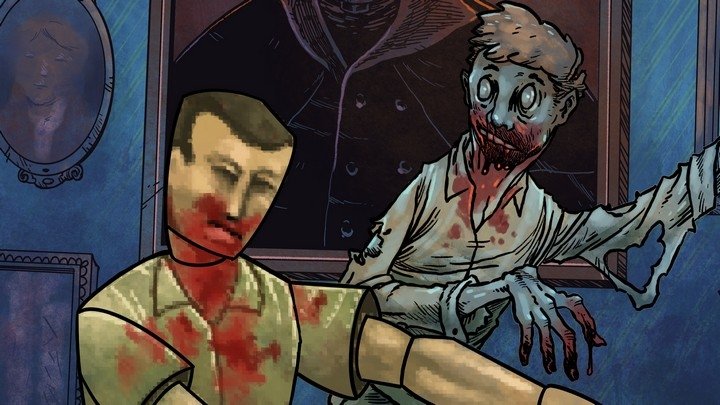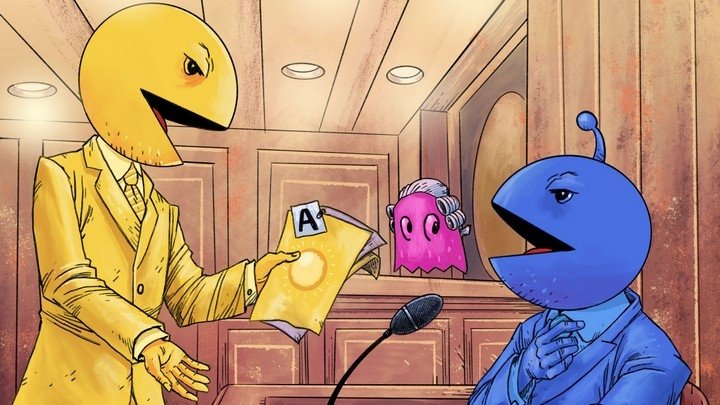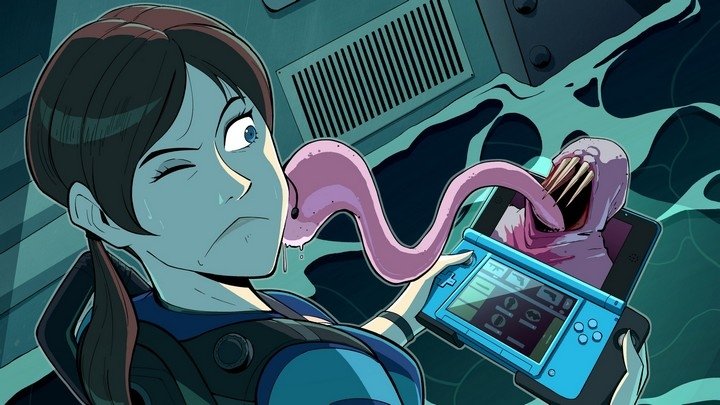We can play this any way you want
Capcom and Digital Eclipse's Disney Afternoon Collection has been out for a couple of weeks now. This rerelease of five beloved NES games (plus TaleSpin) has given players plenty to talk about, but a large part of the discussion has focused not on the games themselves but on a feature added in for the collection: the ability to rewind gameplay, undoing mistakes large and small at the push of a button. The concept is nothing new, having been incorporated into some emulators and even previous retro compilations like 2015's Rare Replay, but Capcom shined the spotlight on it here, making sure to showcase it in the trailer that revealed Afternoon Collection to the world scarcely a month before release.
Over the last few years, quality-of-life perks such as this have become standard in rereleases of old games, from Nintendo implementing "restore points" in the post-Wii Virtual Console to M2 offering no fewer than thirty save slots in their PlayStation 4 rendition of classic shoot-'em-up Battle Garegga. But the inclusion of such permissive features has given rise to an ongoing debate as to whether such quality-of-life perks detract from games of yore. Players who experienced these games in their original form often question a tool they "know" isn't necessary added after the fact. After all, they managed to go without, so why should anyone else need it? Similarly, those who have gone to great lengths to master games over weeks or months chafe at the thought of neophytes tapping an inexhaustible stack of "Get Out of Jail Free" cards to blunder to the end in a single session. For them, these games' defining experience consists of overcoming tremendous hardships to eventually bask in an equally rewarding sense of accomplishment. But they're not worried that fellow players will miss out so much as they're concerned that this aspect won't be counted in the collective consciousness's appraisal moving forward. The fear is that games they've come to appreciate on a profound level will be dismissed as nothing more than the sum of their parts—that their reputation will suffer. Fans of shoot-'em-ups regularly wince at reviews chiding their supposed lack of content, knowing that every shmup can be as long and as deep as you want if you strive to see how far you can reach on one credit. "If only they knew," they mourn. "If only...they didn't credit-feed!"
At its ugliest, this sentiment ties in to fans' elitism and existential yearning for validation—the reason reviews that fail to properly adulate are met with wailing and gnashing of teeth. But I'm not here to decry the purists, and if I seem to speak from authority about what runs through their minds, it's because I'm one of them. I get it. For a variety of reasons, old games do tend to be quite a bit harder than newer ones; at the same time, new players tend not to be as patient with them. Judging with modern eyes, they expect their time investment to correlate to "content" as it consists of concrete assets, divorced from more intangible factors like player improvement and replay value. Lacking a personal history with a game comprising five or six short stages, they're likely to approach it as something to blitz through and quickly scratch off their backlog.
Without even getting into cheats intentionally included in games by their developers, the means to cheat "externally" have existed forever, going back to emulator save states and even devices like the Game Genie that coexisted with these games in their heyday. For those means to not only be implemented but advertised in official rereleases now lends them a certain sense of legitimacy, as well. But with so many years gone by since these games' original release, this raises the question: "Is this how these games were meant to be played?"
I admit, when I saw that rewind feature placed front and center in the Afternoon Collection trailer, it gave me pause. I flashed back to YouTubers petulantly swatting the Load State key as they repeatedly missed the same jump in Super Mario World. I anticipated the provocative hot takes of unwashed content tourists asking, "Were these games really ever any good?" Surely this was not the way they were meant to be played.
But then I took a moment to step outside myself. As thrilling at it is for me to narrowly seize a victory after hours upon hours of "putting in the work," it's just as comforting for someone else to breeze through a game and enjoy its inherent qualities with no constraints. It's not that some people are less patient; everyone just has different priorities—what they think is important, what they find fun, and what they get out of any given game. Likewise, games ultimately exist for us to enjoy them, and that means doing so any and every way we can. There is no True Way. Maybe some players will overuse the rewind feature and miss out on what made Rescue Rangers great, but others might give up on it entirely if they didn't have something to provide a leg up. We're not looking at some moral choice between depravity and enlightenment but an opportunity for some to spare frustration for their own enjoyment.
And for all practical purposes, the individual's enjoyment is all that's at stake. One player's rewind-assisted run of Darkwing Duck doesn't diminish the accomplishment of another player's one-life clear, and DuckTales will probably still have fans after thousands have made a mockery of its difficulty. It might not be much fun to watch someone else rewind over and over, but most people are playing for themselves, not performing for an audience on YouTube. ...And for those who are, rewinding does at least provide some visual continuity setting the player back where they were. Beats loading a two-second-old state any day.





